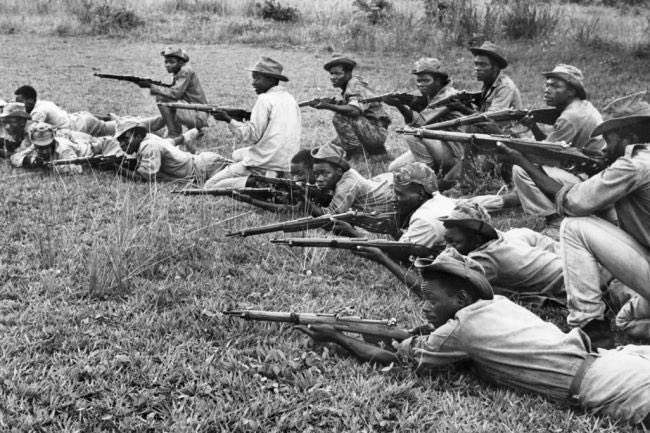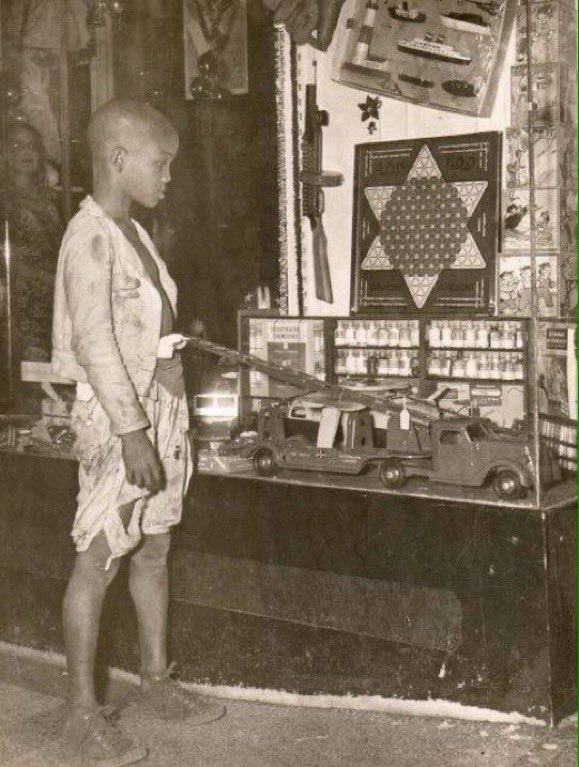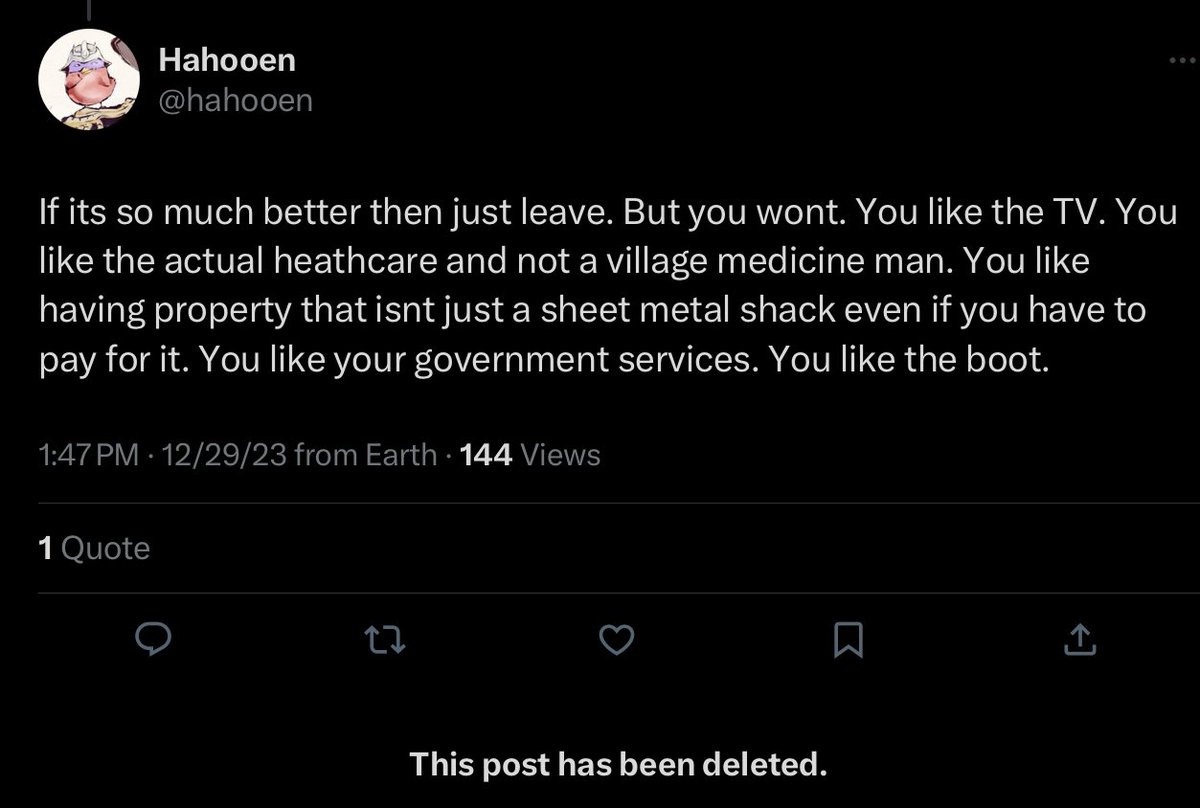Fidel Castro committed his life to the worldwide anti-colonial and anti-imperialist fight. His impact is immense, and he serves as an inspiration for future challenges. Even in his later years, he attended climate conventions, as today's western leaders can't even remain awake. 







Cuba's assistance in destroying the apartheid system was so essential that Nelson Mandela's first travel following the downfall of the apartheid regime was to Cuba to personally congratulate his friend Fidel Castro.
Cuba deployed thousands of troops to Angola to protect the MPLA and guarantee Angola's independence, and they are a major cause for Angola's freedom today. The combat in Angola was fierce between Cuba and South Africa and even included close tank combat.
While the US supported dictatorships across the world, the Cuban government has always backed Africa more than the United States, and their effort to protect their revolution against imperialism must be supported by all those who desire to combat global imperialism. 

The success of Black Cuban and Angolan troops was felt well beyond the battlefield, and is credited with leading to the overthrow of white minority rule in southern Africa and the subsequent fall of the Apartheid Regime in South Africa, destroying the idea of white invincibility. 





Cuban soldiers returning home from serving the struggle against imperialism in Angola.
From the 1991 documentary "Portrait of Castro's Cuba" narrated by James Earl Jones.
From the 1991 documentary "Portrait of Castro's Cuba" narrated by James Earl Jones.
• • •
Missing some Tweet in this thread? You can try to
force a refresh

















